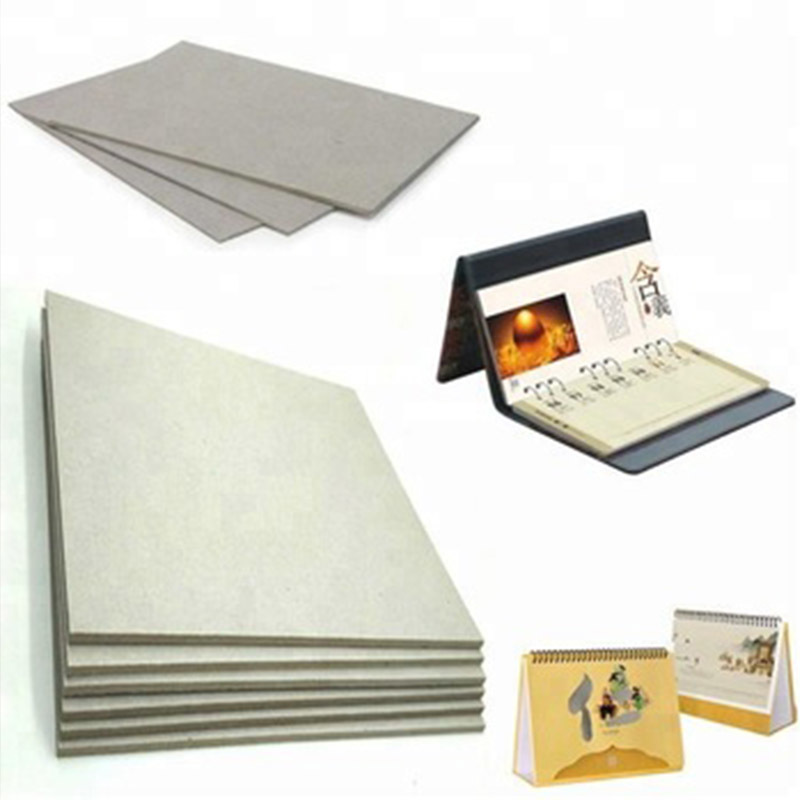
Ecological and sustainable, Kraft grey paperboard is a versatile product with superior strength and durability that is quietly transforming the world of packaging.
The name kraft, meaning strong in German, is derived from the method of turning wood into wood pulp that was developed in 1879 by Carl F. Dahl in Danzig. A solution of sodium hydroxide and sodium sulphide, referred to as white liquor, is added to the hot water that softens the wood. It effectively removes lignin, a substance that links together the cells within the wood playing an important role in keeping them supplied with moisture. Close analysis shows the fibres of wood pulp with and without lignin are of quite different compositions, the latter creating paperboard that is infinitely stronger. By the end of the Nineteenth Century, the superior qualities of Kraft paper board had convinced many paper manufacturers to adopt the technique.
Unlike mechanically retrieved wood pulp, the Kraft process can incorporate wood from a mixture of species including those with a high resin content such as the Southern Pine. Even bamboo and other non-wood fibres can be included. In the 1930s the Kraft process was developed further when G.H. Tomlinson invented a boiler system to recover the black liquor, a waste product of the procedure that can be reused with the white liquor. Turpentine is also extracted from the waste and is used in other industries. Kraft paper itself can also be recycled, making the whole process sustainable and ecological.

Although Kraft wood pulp is fairly dark, it can be bleached to produce a high quality white paper that will not discolour with age. It can also be dyed in an extensive range of colours and is suitable for printing. Kraft paper board can be made waterproof by lining with either polyethylene or an ecologically friendly bitumen layer. It is cost effective and lightweight when used for protecting and packaging products during transportation. With a high resistance to tearing, tough resilient Kraft paper can create a variety of bags, containers and trays that fold with crisp precision and remain rigid. There are endless possibilities for using Kraft paper across many different industries including manufacturing, fast food outlets and producing point of sale displays. As a recyclable, sustainable product and process, Kraft paperboard is the environmentally friendly alternative to plastic.
Copyright © 2021 Guangzhou Weyes Network Technology Co., Ltd. | All Rights Reserved